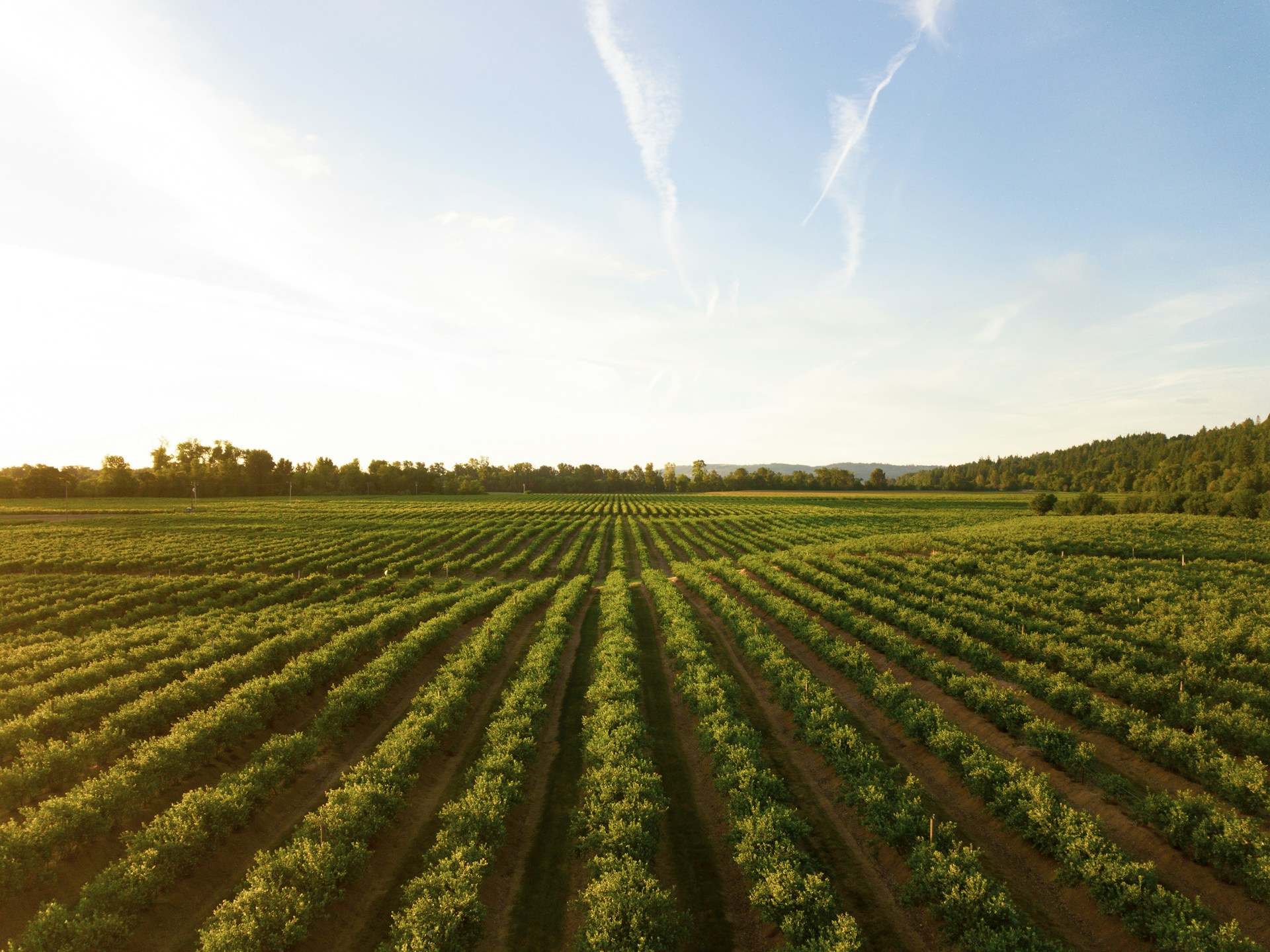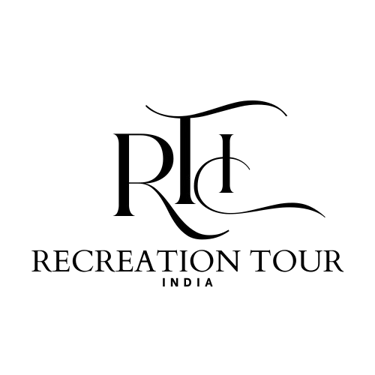


7-DAY EDUCATIONAL TOUR ITINERARY ON AGRI-TOURISM IN INDIA
Theme: “Experiencing Rural India through Agri-Tourism and Sustainable Practices”
Duration: 7 Days / 6 Nights
Suggested Region: Maharashtra – Gujarat – Punjab – Uttarakhand (can be adapted for other states)
Ideal Participants: School/College Students (Agriculture, Tourism, or Rural Studies)
Day 1 – Arrival and Orientation (Delhi / Pune / Dehradun)
Arrival: Participants arrive at the starting point (depending on region chosen).
Orientation Session:
Introduction to Agri-Tourism in India – concept, objectives, and benefits.
Brief on rural livelihoods and farm diversification.
Visit: Local Agriculture University / Krishi Vigyan Kendra (KVK) or Rural Tourism Centre.
Evening: Group discussion: “How tourism supports farmers.”
Overnight Stay: Base city (e.g., Pune / Dehradun / Delhi)
Day 2 – Farm Stay Experience & Hands-on Farming Activities
Morning: Travel to a nearby Agri-Tourism Centre or Model Farm (e.g., Baramati Agri-Tourism Center, Maharashtra / Dehradun valley farms).
Activities:
Guided farm walk explaining crop cycles, irrigation, and organic farming.
Participate in sowing, harvesting, or milking (seasonal).
Tractor ride / bullock cart ride around the village.
Afternoon: Visit Dairy or Poultry Unit, and interact with farmers about challenges & innovations.
Evening: Cultural evening with folk dance, local cuisine tasting.
Overnight Stay: Rural farm stay.
Day 3 – Visit to Organic / Horticulture Farms
Morning: Visit organic farming unit or floriculture / horticulture farm (e.g., mango, litchi, or strawberry farms).
Sessions:
Waste management and composting demonstration.
Drip irrigation and greenhouse farming techniques.
Afternoon: Interaction with self-help groups (SHGs) or rural entrepreneurs running homestays, processing units, or craft centres.
Educational Theme: Value addition, women empowerment, and farm-based enterprise.
Overnight Stay: Same village / nearby rural resort.
Day 4 – Exposure to Agri-Ecotourism and Nature Learning
Morning: Visit nearby eco-park / herbal garden / bee-keeping centre.
Session: Talk by experts on “Agri-Ecotourism and Biodiversity Conservation.”
Afternoon: Visit Watershed Development Project or Forest Department nursery.
Evening: Group reflection – “Linking Ecotourism and Farm Sustainability.”
Overnight Stay: Rural eco-lodge.
Day 5 – Visit to Rural Tourism Cluster / Tribal Village
Morning: Excursion to a tribal or traditional farming community.
Observe indigenous knowledge systems, crop diversity, and local food habits.
Afternoon:
Participate in local craft / pottery / handloom workshops.
Discussion on community participation in tourism.
Evening: Local cultural exchange, folk storytelling, or music night.
Overnight Stay: Village homestay / eco-camp.
Day 6 – Visit to Agri-Entrepreneurship Units
Morning: Visit food processing / agri-startup units (jaggery, pickles, honey, dairy, or herbal products).
Afternoon: Interaction with rural entrepreneurs and NGOs promoting agri-tourism.
Case studies: Baramati Agri Tourism, Gujarat’s Agroha Farms, Uttarakhand’s Organic Tourism Villages.
Evening: Preparation for presentations or field reports by students.
Overnight Stay: Rural resort / training centre.
Day 7 – Return & Group Presentations
Morning: Concluding session – “Future of Agri-Tourism in India.”
Student presentations on field learnings and observations.
Afternoon: Depart for home city.
Evening: Arrival at destination.
Tour Ends.
🎯 Learning Objectives
Understand the concept and models of agri-tourism in India.
Learn about diversified farm income opportunities through tourism.
Gain exposure to organic farming, horticulture, dairy, and rural livelihoods.
Experience local culture, cuisine, and community-based tourism.
Promote eco-friendly and sustainable rural development practices.
Suggested Inclusions
AC transport and accommodation (farm stays / rural resorts).
All meals with local cuisine experience.
Expert lectures and field demonstrations.
Entry fees, guide charges, and local coordination.
Teachers / tour manager escort, first aid, and insurance
